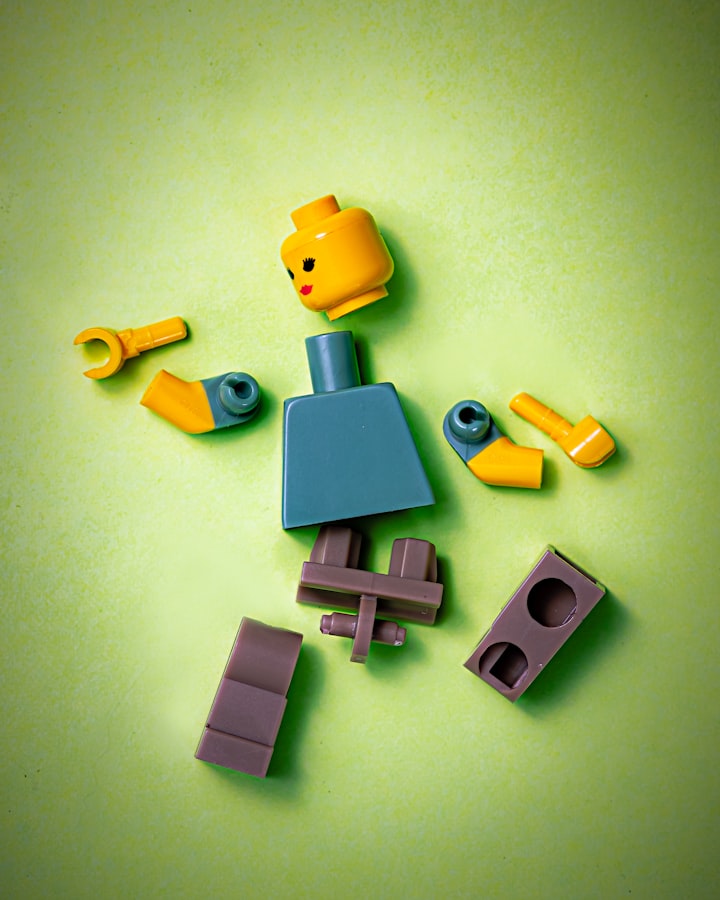
Judging by my limited view of the sun through my cell’s skylight, it must be close to suppertime. Some days I can see the rich blue cloudless sky, other days my room emulates the grayness of the outside world. I’ve been in this cell without a trial for days, weeks, months? I’m not sure. Every day is the same as the one before. Except for when my meals are slid to me through a pass-through door, I am devoid of human contact. As far as I can tell, the only people living in this South Texas town is me and the jailer.
Granted, it was careless of me to admit that I was from the Northeast. There are some regions of the former United States where the place you call home doesn’t matter to anyone, but not here. I call this the former U.S. because a minority of people convinced the majority that the best way to move the stalemated government forward and give the people the lifestyle they wanted was to have a national divorce. Like most divorces, it got messy fast.
Our “United We Stand” country was divided into four major regions: The North, The South, The Mid-West, and the West. Within the four regions were subdivisions: Southeast, Southwest, Northeast, Northwest, and a group that considered themselves Un-affiliated. Although the boundaries sounded clearly defined, they weren’t. Within each region, there were groups that considered themselves either liberal or conservative. Some of them were extreme in their views, others were more moderate. Animosity toward regions increased or decreased depending on which area a person hailed from.
My job as a journalist for a national news agency was to report events of interest in all regions. The most efficient way to do this was to travel from region to region interviewing the residents. To be effective at my job, I needed to assume the local mannerisms and accents. I would speak with a southern drawl or a Texas twang, then switch over to a Chicago accent, depending on my location. Remembering to drop my “R’s” when in New England was always a challenge.
Throughout our history, there has always been an underlying animosity between the North and South. There are many social and economic reasons for the tensions, but after the civil war some of it disappeared. Now that the regions had divorced, all the hidden hatred boiled to the surface. Border crossing restrictions were the only thing the new regional congresses could agree on. They arranged a visa and passport system and set up crossing checkpoints. The most stringent crossing rules were between the North and South.
My assignment was simple. Travel to the small Texas town of Zapata and report on an influx of migrants crossing the border from Guerrero, Mexico. What made the crossings news worthy was that immigration, legal or illegal, had stopped after the divorce. Apparently, the U.S. was no longer considered the land of opportunity. I needed to know why the change of heart. I flew into Laredo, cleared Southwestern customs, picked up my rental car, and prepared for the long dusty ride through the desert.
The best place to gather information in a small town like Zapata is in the local cantina. I walked in, ordered a beer, and waited. It didn’t take long.
“Haven’t seen you around these parts before. Just passing through?” inquired the bartender. It was obvious several other patrons were eagerly interested in my answer.
“Yes, and no.” I said in my best Texas drawl. “I work for the Dallas Morning News. They sent me down here to report on your migrant problem. Is there a problem?”
The bartender looked over at the other two before replying. “I don’t know why a big city paper wants to stick its nose in our business, but you can go back and tell them we got no problem that we can’t handle ourselves.”
“I sure will tell them just that. Yes, sir. This is a nice little town. Before I go, I’m just going to walk around for a bit.”
That’s when one of the other customers pulled out his badge. “I need to see some I.D. boy.”
“Boy! You don’t honestly think I’m going to answer questions coming from some redneck Texas hick, do you?”
It was the “boy” phrase that got me to drop my accent and blow my cover. From then on, I’ve been held in my personal purgatory. This room filled with emptiness is all I have now. When will they release me? Only the good old boys of Zapata, Texas, can answer that question.
About the Creator
Mark Gagnon
I have spent most of my life traveling the US and abroad. Now it's time to create what I hope are interesting fictional stories.
I have 2 books on Amazon, Mitigating Circumstances and Short Stories for Open Minds.






Comments (1)
Interesting possible future, though doesn't sound like a good one. Would like to see more! Nicely written💙Anneliese